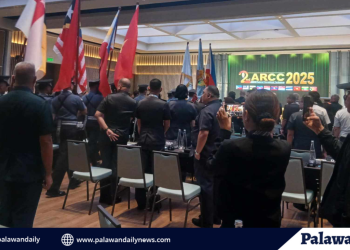RA 11053 has been signed by President Rodrigo Duterte prohibiting hazing and regulating other forms of initiation rites of fraternities, sororities and other organizations, and providing penalties for violations thereof. Moreover, the act would amend the earlier law, RA 8049 which was passed into law in 1995.
Also known as the Anti-Hazing Act of 2018, the penalty for the offenders would be up to P3 million and imprisonment of up to 40 years.
Moreover, the law prohibits any similar acts in the military and army training, but would continue the rigid physical, mental and psychological testing on their applicants.
Paddling, whipping, beating, branding, forced consumption of food, beverage, any liquid or drug, among others are acts of hazing, including forced calisthenics, exposure to weather, that may likely adverse the physical and psychological health of the recruit, member, neophyte or applicant.
As required by the law, the organizations should write the school administration for approval at least seven days prior to their activities, but only those without hazing may be approved.
There will be two representatives from the school to monitor during the initiation rites.
Advisers of the organizations should be properly appointed and identified and must ensure that they are knowledgeable and have consented in any activities of their organizations.
In addition, all who participated in the planning and execution of the hazing, including those who are present in the area are culpable of the act, former officers and alumni members who
P2 million will be imposed to those who have participated under the influence of alcohol or illegal drugs and would be penalized with reclusion perpetua.
The school will also suffer a fine of P1 million if it fails to prevent any occurrence of hazing.
The owner of the building where the hazing occurred will also face stringent penalties.
Licensed individuals facing committing the acts will be subjected to the existing rules and regulations of the Professional Regulation Commission. Offending parties who are members of the Bar, will be tried by the Supreme Court.


















Discussion about this post